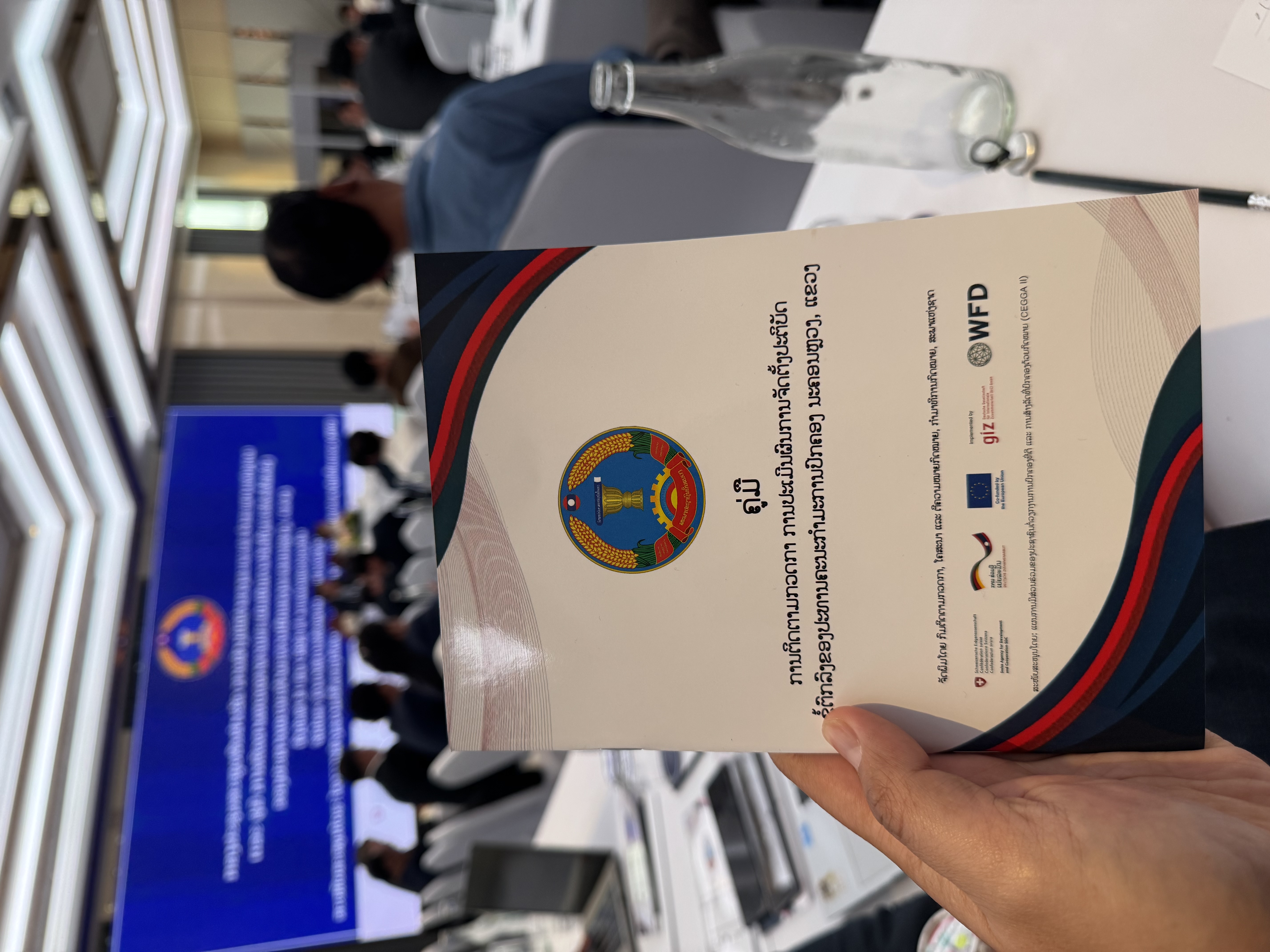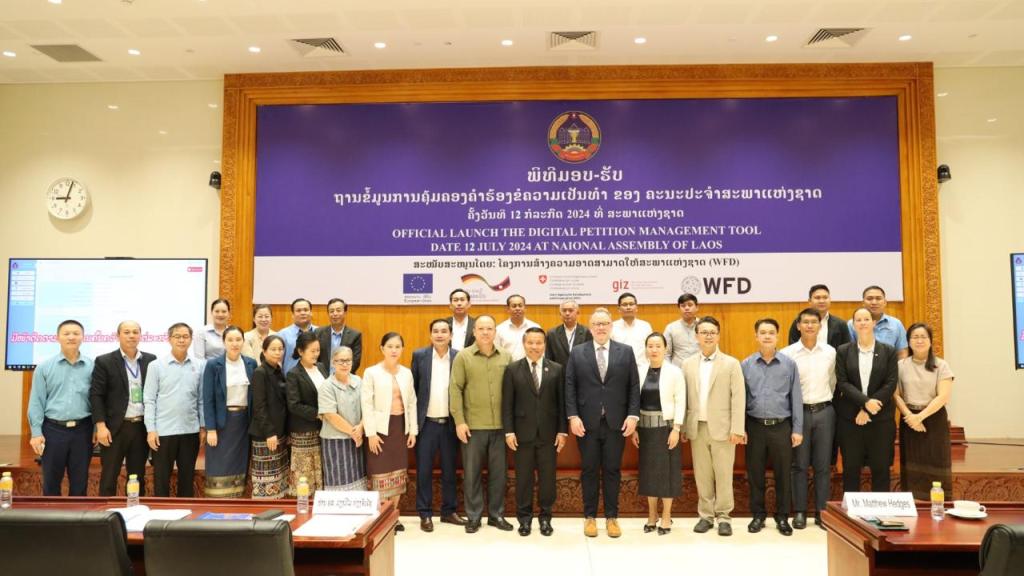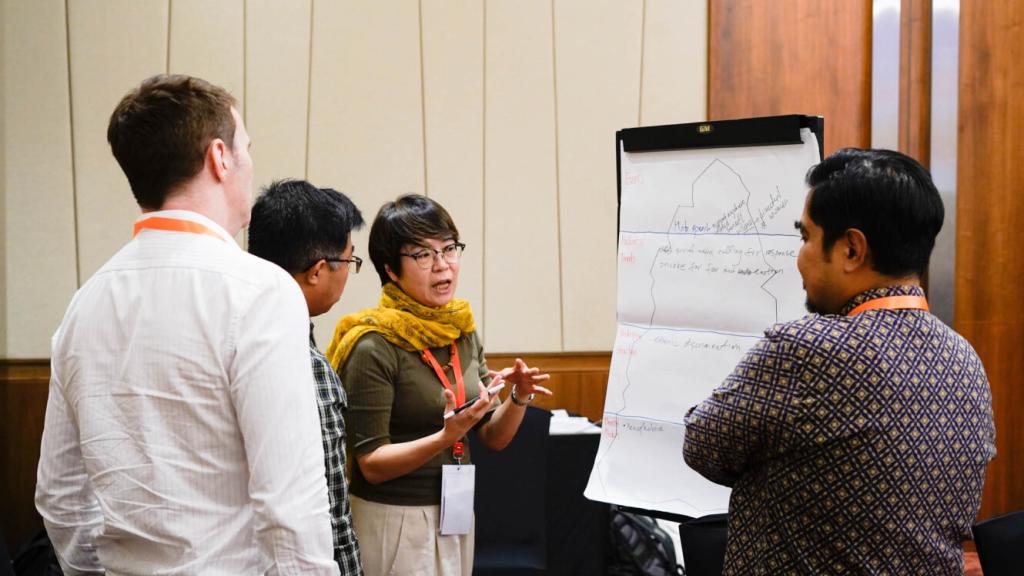Post-legislative scrutiny in Laos’ Provincial People’s Assembly: Building engagement and effectiveness


Nilaphone Chanthachack
Understanding post-legislative scrutiny
Post-legislative scrutiny (PLS) ensures that laws are working properly and benefiting citizens as intended. It's about checking if laws are being implemented correctly and making improvements where needed. This process helps hold government accountable and improves public services.
In Laos, PLS is still quite new, especially at the Provincial People's Assembly (PPA) level. Currently, there's limited involvement from local communities, businesses, and civil society organisations in reviewing how laws are working. WFD has been working with partners to change this.







Current Challenges
1. Limited Awareness and Capacity
- PLS was only introduced recently in the 9th Legislature
- Provincial assemblies mainly review regulations from the Governor's Office
- There's no clear plan for conducting PLS due to limited experience and resources
2. Weak Evidence-Based Approach
- Provincial laws are often created without proper research or data
- Some local regulations conflict with national laws or constitutional principles
- Regulations sometimes negatively affect ethnic groups and women
3. Poor Coordination
- Unclear roles between Provincial Assemblies and the Prosecutor's Office
- Limited teamwork between government agencies
- Most discussions happen only between the assembly and the agency proposing the law
4. Lack of Public Participation
- Citizens rarely provide feedback on provincial laws
- Many laws pass without public consultations
- Civil society organisations and businesses are largely absent from the process
5. Resource Constraints
- Many assembly staff lack legal training
- Assemblies depend on government funding, which may affect their independence
6. Gender and Inclusion Gaps
- Gender-sensitive lawmaking is a new concept at the provincial level
- Laws are not checked for their impact on vulnerable groups
- Limited media coverage means the public lacks information about laws
Improving the system: The CEGGA II Programme
Westminster Foundation for Democracy is helping improve legislative oversight in Laos through the Citizen Engagement for Good Governance and Rule of Law (CEGGA II) initiative by:
- Training assembly members on PLS principles and gender-sensitive law review
- Creating guidelines and tools for systematic law monitoring
- Encouraging participation from civil society, businesses, and local communities
- Helping provincial assemblies learn from national practices.

Gender-Sensitive Lawmaking
The programme is also promoting discussions on gender equality through:
- Training in gender-sensitive lawmaking and budget oversight
- Supporting gender-responsive policies
- Encouraging greater participation of women and underrepresented groups in decision-making.
Moving Forward
To strengthen oversight of laws in Laos, key next steps include:
- Developing clear plans for reviewing laws at provincial level
- Including more stakeholders in the process
- Building legal expertise among assembly members
- Ensuring financial independence for oversight activities
WFD will be supporting the Laos parliament and local assemblies to take forward these next steps.



